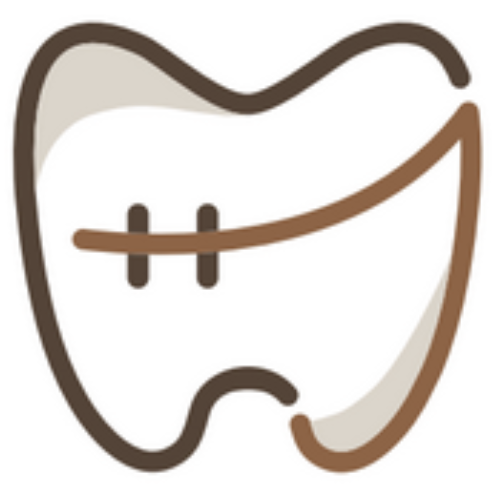Every parent dreams of seeing their child grow up with a bright, confident smile. However, everyday behaviors such as thumb sucking, nail biting, tongue thrusting, or even mouth breathing can quietly influence how a child’s teeth and jaw develop. These habits often begin as a source of comfort or stress relief and may seem harmless at first. But when they persist beyond the early childhood years, they can lead to misaligned teeth, bite problems, or changes in jaw growth.
Addressing these habits at the right time not only protects a child’s oral health but also lays the foundation for long-term confidence and proper facial development. By recognizing and managing these habits early, parents can reduce the need for more complex orthodontic treatments later. That is where Thousand Smiles Orthodontics steps in to support families with specialized orthodontic solutions designed for growing smiles.
Common Bad Oral Habits in Children
Thumb or Finger Sucking
Thumb sucking is one of the most common habits among children. While it can provide comfort in early years, prolonged thumb or finger sucking can exert pressure on developing teeth and jaws. If this habit continues beyond the age of four or five, it can lead to an open bite or misalignment of the upper and lower teeth. Over time, this may require orthodontic intervention to correct bite issues and restore proper alignment.
Nail Biting
Many children develop the habit of biting their nails, especially during moments of stress or boredom. Nail biting may not seem like a serious dental concern at first, but it can damage tooth enamel, cause uneven wear on teeth, and increase the risk of chipping. Additionally, the transfer of bacteria from the nails to the mouth can result in gum irritation and potential infections. Encouraging children to stop nail biting early helps protect their teeth and overall oral health.
Tongue Thrusting
Tongue thrusting occurs when the tongue pushes against the teeth during swallowing or speaking. Over time, this repeated pressure can create spaces between the teeth or lead to an overbite. It may also contribute to speech difficulties, making early detection important. Without intervention, this habit can affect both dental alignment and jaw development, often requiring orthodontic treatment in the future.
Mouth Breathing
Mouth breathing is more than just a habit; it can have lasting effects on a child’s oral and facial development. Breathing through the mouth instead of the nose can dry out oral tissues, increase the risk of cavities, and influence jaw growth patterns. It may also indicate underlying issues such as nasal congestion or enlarged tonsils. Identifying and addressing mouth breathing early helps protect both oral health and overall well-being.
Helpful Tips to Break These Habits
Positive Reinforcement
Breaking a habit is often easier when a child feels supported and encouraged. Instead of punishment, parents can use praise and small rewards to celebrate progress. Recognizing a child’s efforts builds their confidence and motivates them to keep going, making the process more effective and less stressful for everyone involved.
Substitution Techniques
For habits tied to emotional comfort, offering healthy alternatives can be an effective strategy. Children who suck their thumbs can be given a soft toy or stress ball to occupy their hands. This substitution not only reduces the habit but also provides emotional reassurance, making the transition smoother.
Habit Reminders and Aids
Some children may benefit from gentle reminders or orthodontic habit appliances designed to discourage the behavior. Thumb guards or custom appliances can help reduce harmful habits while allowing teeth and jaws to develop correctly. These should always be recommended and monitored by a dental professional or orthodontist to ensure proper use and effectiveness.
Professional Guidance
When habits become persistent and begin to affect dental development, consulting an orthodontist can be a turning point. Early orthodontic evaluations help identify the extent of the problem and provide personalized recommendations. Professional guidance ensures that any intervention is safe, effective, and tailored to the child’s unique needs.
Conclusion: Give Your Child a Healthy Smile
Helping children break bad oral habits early is one of the most meaningful steps parents can take to protect their future smile. These habits may seem harmless at first, but over time, they can shape the development of teeth, jaws, and facial structure. Recognizing early warning signs, providing gentle support, and seeking timely orthodontic guidance can prevent long-term complications.
If your child struggles with thumb sucking, nail biting, tongue thrusting, or other habits that may affect their dental health, professional care can make the correction process more successful. Families in Austin can rely on Thousand Smiles Orthodontics for expert orthodontic care tailored to children’s unique needs. With a focus on early intervention and personalized treatment, they help create strong, confident smiles that last a lifetime. Schedule a consultation today to take the first step toward a healthier smile for your child.



